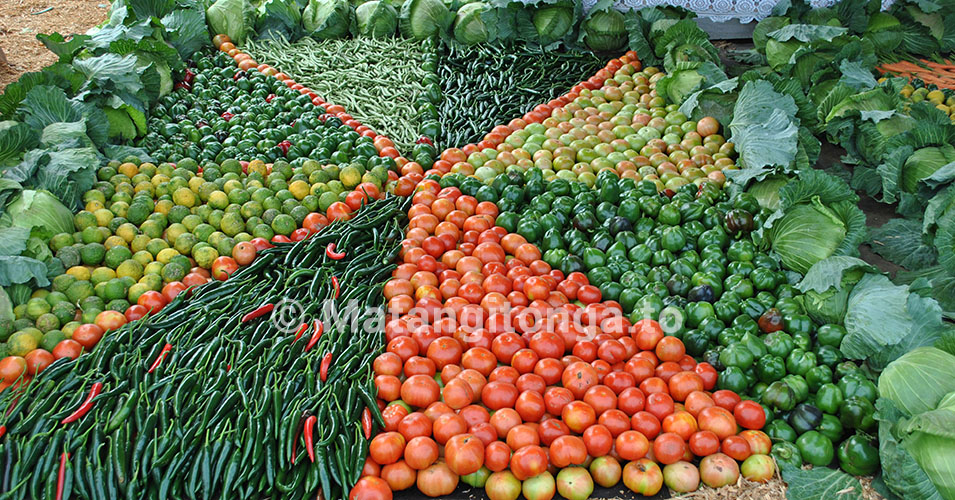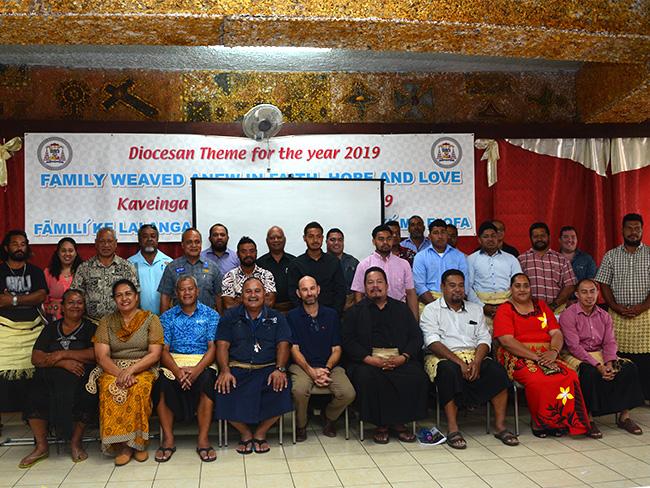
Roadside vegetable vendors are promoting healthy eating and reducing post-harvest loss, a new study has found.
Australian Professor Steven Underhill of the University of the Sunshine Coast presented his findings in Nuku'alofa at the Basilica of Saint Padua on 28 November, organized by MORDI Tonga Trust.
Prof. Underhill also stressed an urgent need to address hygiene and recommended that fresh water be made available at vegetable markets and that food safety awareness training be implemented for vendors/farmers. He revealed that rough handling of food crops, unpackaged transportation and co-transportation of farm chemicals were among the most common poor practices that affected the quality of local produce.
His study was based on interview surveys with 269 market and roadside vendors across Tongatapu and Vava’u. The research was supported by the Tonga Government, FAO (Food and Agriculture Organization), IFAD (International Fund for Agricultural Development) and MORDI Tonga (Mainstreaming of Rural Development Innovation).
According to his study, Tonga’s postharvest loss in the main markets of Talamahu (Tongatapu) and ‘Utukalongalu (Vava’u) averaged between 1.1% and 3.3%, considerably less than fellow Pacific countries such as Samoa were the postharvest loss was measured between 10% and 15%.
Prof. Underhill credited low postharvest loss to a well-designed central municipal market and decentralized fresh food market –because roadside vendors sell produce in various locations instead of just at one single market area. Other contributing factors included short transport distances between farm and selling spots and small consignment volumes.
“I think Tonga’s roadside vendors are critical a part of Tonga’s healthy eating agenda”, stated Prof. Underhill’s presentation.
“Tongatapu’s large network of road-side vendors has inadvertently created a highly de-centralized fresh food distribution network,
“De-centralized food distribution systems, which create potentially enhanced consumer accessibility, have been linked to increased fruit and vegetable purchasing behavior especially amongst low socio-economic consumer cohorts.”
Prof. Underhill pointed out a current innitiative by the Fiji Government trying to upgrade the stalls of roadside market vendors, something that Tonga could implement with its own vendors.




